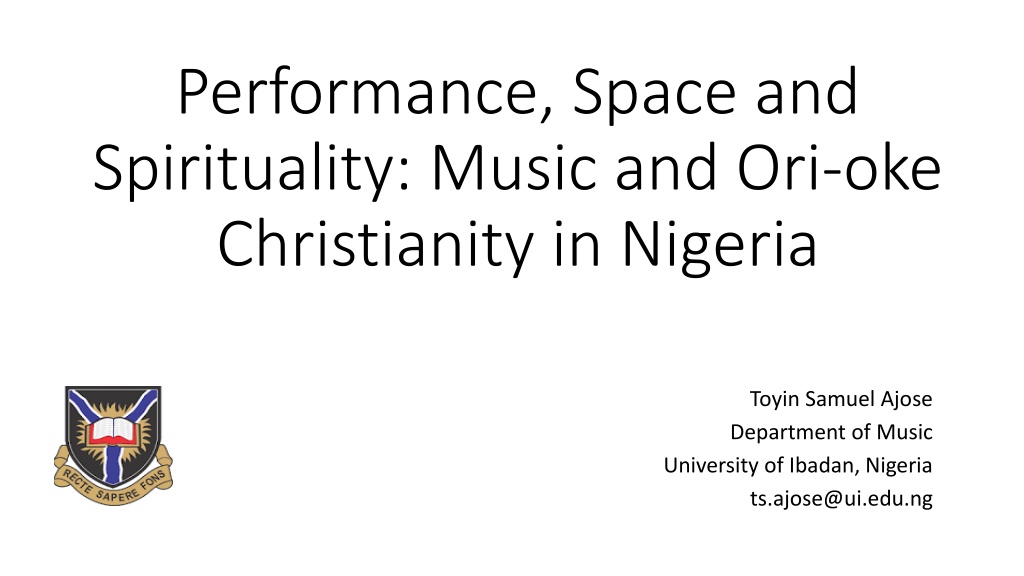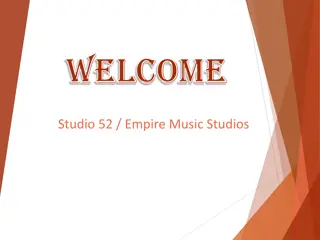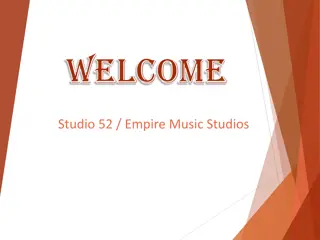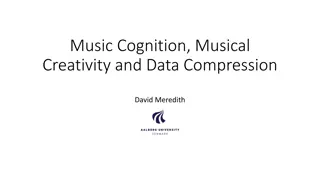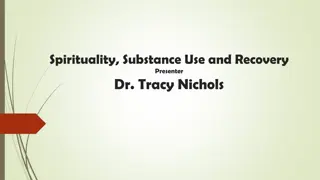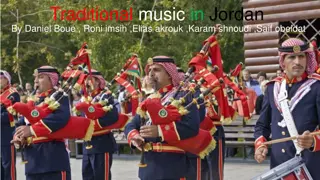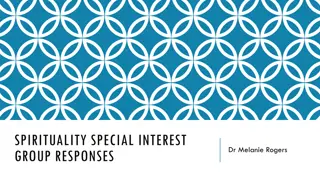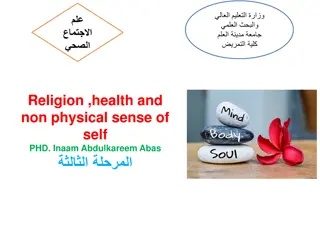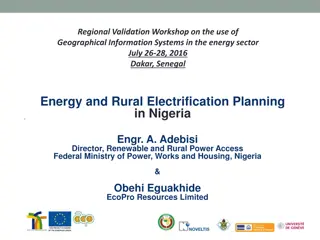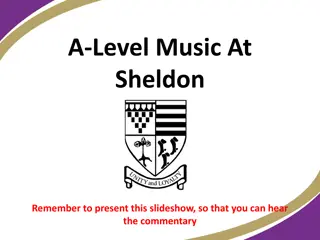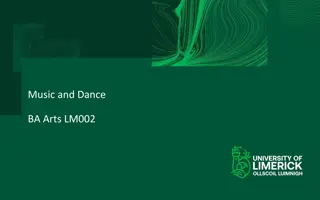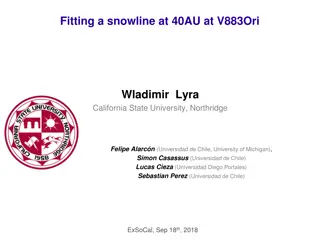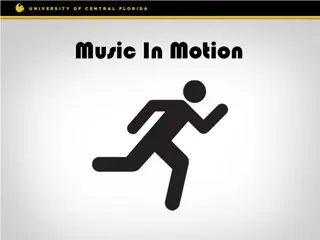Ori-Oke Christianity in Nigeria: Music, Space, and Spirituality
Explore the intersections of music, sacred space, and spiritual practices within Ori-oke Christianity in Nigeria, delving into the significance of sacred sites, rituals, and the unique musical expressions that shape religious experiences in this context.
Download Presentation

Please find below an Image/Link to download the presentation.
The content on the website is provided AS IS for your information and personal use only. It may not be sold, licensed, or shared on other websites without obtaining consent from the author. Download presentation by click this link. If you encounter any issues during the download, it is possible that the publisher has removed the file from their server.
E N D
Presentation Transcript
Performance, Space and Spirituality: Music and Ori-oke Christianity in Nigeria Toyin Samuel Ajose Department of Music University of Ibadan, Nigeria ts.ajose@ui.edu.ng
Sacred sites mean something more (Coomans et al. 2012: 10) Is my wife on the mountain?
Review of Literature Definition and conceptualization of sacred space (Otto 1946; Eliade 1959; Koivuguu 2009) Manifestations in local and global settings (Friedland and Hecht 1991; Jung 2002; Okyere 2012; Ogundayo and Adekunle 2019) Nuances and ambivalences (Heynickx et al. 1992; Rosati, 2009; Ball 2012) Significance in different religious and social contexts (Davies 1994; Aitpaeva 2009; Bastin 2012) Ritual site for symbolic performances, a significant place that answers people s questions (Chidester and Linenthal, 1995) Ori-oke is underexplored in African/Nigerian sacred geographies as an energetic zone where people negotiate vitally necessary conditions (Aitpaeva 2009)
Review of literature African Spirituality and sacred spaces (Parrinder 1954; Mbiti 1969, 1975; Olupona 1991, 2000; Gumo et al 2009; Ayegboyin 2010; Okpu 2017, Ogundayo and Adekunle 2019) Prayer mountain in African lived Christianity (Ayegboyin 2005; Alabi 2012; Okyere 2012, 2018; Yaovi et al. 2018; Samuel and Ajose 2018, Gbadegesin 2019) Sight or sound in the study of religion? (Chidester 1992; Schmidt 2002; Hacket 2012; Kasfelt 2020) Music in Nigerian/Yoruba Christianity ( Ojo 1998; Adedeji 2004, 2012; Loko 2012, Owoaje 2014; Brennan 2018; Ajose 2020
We are here to fight: negotiating welfare through warfare Singing: Fire from above enter my life. Holy Ghost Fire!!! Prayer: Father, I am suffering because I am powerless. Rekindle the fire of the Holy Spirit in me. I want to be powerful!
Analyzing Ori-oke performance space Fast tempo music heightens prayers Indigenous percussions on Ori-oke as an archetype of military band Drums and bells - paradox of violence and victory (Rom 2020) AgogoIgbala/Isegun (bell of victory) Spontaneous compositions, divinely inspired Call and response, short verse form, folk tunes, pentatonic scale, parallel harmony Ori-oke populating (Yoruba) Christian music repertoire
Prayer is the soup and music (song) is the spice Music, prayer laced with social commentaries (Ajose 2018, 2020) The mundane is present in the sacred: gingering the spirit It is not easy to pray . Prayer involves the whole of your body and there is the tendency to want to get tired especially during all-night prayers. As we lead prayers and we notice that the people are becoming tired, we throw in a song to ginger their spirit (Interview: Evangelist Mrs. Esther, prayer/song leader, Ori-oke Baba Abiye, March 8, 2019) Music and prayers as stimulants and condiments in spiritual labour Performance, spirituality and well-being- dance away your sorrows
Conclusion Religion is crucial for understanding humanity in Africa Sacred spaces like Ori-oke mean something more to people in Nigeria Ori-oke performance space-music and prayer-offers deeper insight into the everyday socio-economic aspirations of people in postcolonial Nigeria and Africa
